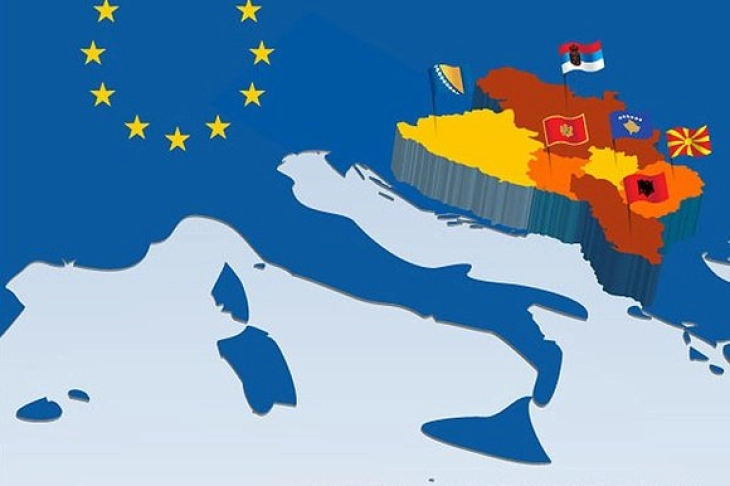Ressler: Funds from Growth Plan for Western Balkans will aid in better integrating the region's countries
- Amid the current situation, with geopolitical tensions in focus, the question of enhancing economic cooperation among Western Balkan countries is becoming increasingly significant, Chair of the European Parliament Delegation to the EU-North Macedonia Joint Parliamentary Committee, Karlo Ressler said.

Brussels, 5 December 2024 (MIA) – Amid the current situation, with geopolitical tensions in focus, the question of enhancing economic cooperation among Western Balkan countries is becoming increasingly significant, Chair of the European Parliament Delegation to the EU-North Macedonia Joint Parliamentary Committee, Karlo Ressler said.
Addressing the second session of the EU-Western Balkans Summit, “Unlocking economic potential: growth and integration through EU accession” held Thursday in Brussels, Ressler underscored that economic cooperation has sometimes been overlooked and neglected in the EU enlargement process. However, the very fact that the Union is the main trade partner of the Western Balkan countries highlights its importance.
“Closer economic cooperation is important, and we are working to achieve it through the Growth Plan for the Western Balkans,” Ressler said.
He noted that the Reform Agendas within the Growth Plan, prepared by the countries of the region, provide a solid foundation for this goal, but now it remains to ensure their practical implementation.
“The €6 billion in grants and loans can significantly contribute to this goal, helping to better integrate the Western Balkan countries and prepare them both economically and infrastructurally for EU standards,” Ressler said.
According to the Head of Unit for Western Balkans Policy and Regional Strategy and Director-General for Neighbourhood and Enlargement Negotiations (DG NEAR) at the European Commission, Thomas Hagleitner, changing the way Western Balkan countries perceive the common regional market is a prerequisite for strengthening economic cooperation in the region.
Hagleitner stated that integrating the Western Balkan countries into the European single market is a prerequisite for stronger economic integration within the region.
However, he emphasized that the common regional market should not be seen as a substitute for the accession of Western Balkan countries to the EU single market.
Supporting the commitment of the countries in the region to strengthen mutual economic ties is the agreement among their leaders to meet every six weeks to discuss regional cooperation and the implementation of the Growth Plan for the Western Balkans.
Hagleitner emphasized that gradual integration is part of the EU's new approach to the enlargement process but clarified that it is not a substitute for full membership in the Union.
“We engage with these countries to explore their interests in participating in the EU's political spheres and networks. This is our new policy, it’s a partnership and an offer for these countries,” Hagleitner added.
Photo: MIA archive







